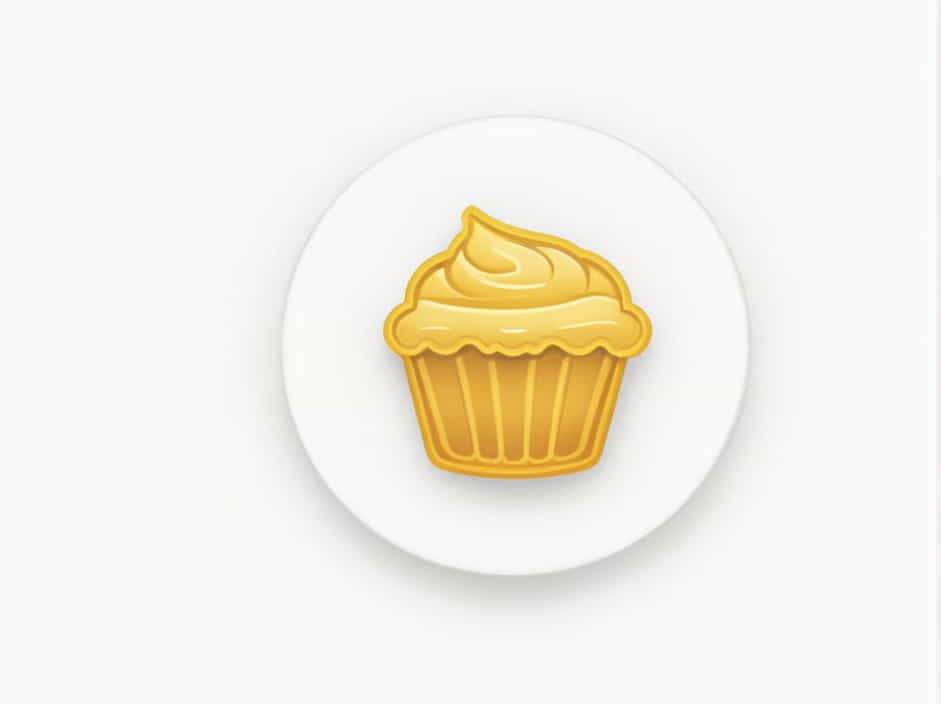The word ‘delectable’ is often used to describe something delicious, highly enjoyable, or extremely pleasing. It is commonly associated with food, experiences, and even people or things that bring great delight. But what exactly does ‘delectable’ mean, and how is it used in everyday language?
This topic explores the meaning of delectable, its origins, synonyms, examples in sentences, and different ways it can be applied.
Definition of Delectable
1. General Meaning
The word ‘delectable’ is an adjective that means delicious, delightful, or highly enjoyable. It is most often used to describe tasty food, but it can also refer to experiences, sights, and sensations that bring great pleasure.
2. Dictionary Definitions
Different dictionaries provide similar definitions of ‘delectable’:
- Merriam-Webster: ‘Highly pleasing, especially to the sense of taste; delicious.’
- Oxford Dictionary: ‘Extremely pleasant to taste or smell; very attractive or delightful.’
- Cambridge Dictionary: ‘Looking or tasting extremely good, or giving great pleasure.’
3. Delectable as a Synonym for Delightful
While ‘delectable’ is mostly used to describe food, it can also describe music, experiences, or even a person’s charm. For example, a delectable melody means a song that is very pleasant to hear.
Origins of the Word ‘Delectable’
The word ‘delectable’ comes from the Latin word ‘delectabilis,’ which means ‘delightful’ or ‘pleasing.’ It was later adopted into Middle English from the Old French word ‘delectable.’
The root of ‘delectable’ is ‘delectare,’ which means ‘to delight’ or ‘to please’-the same root for the word ‘delight.’
Common Uses of ‘Delectable’
1. Describing Food and Drinks
The most common use of ‘delectable’ is to describe delicious food and drinks.
Examples:
- The chef prepared a delectable chocolate cake that melted in my mouth.
- The restaurant serves delectable seafood dishes with fresh ingredients.
- I enjoyed a delectable cup of coffee this morning.
2. Describing a Pleasant Experience
‘Delectable’ can also describe experiences that are highly enjoyable, such as a vacation, a conversation, or a relaxing moment.
Examples:
- We had a delectable time at the beach last summer.
- His delectable storytelling kept everyone entertained for hours.
- The massage was a delectable experience after a long day.
3. Describing a Person’s Appearance or Charm
Sometimes, ‘delectable’ is used in a playful or romantic way to describe someone who is very attractive or charming.
Examples:
- She looked absolutely delectable in her elegant dress.
- The actor’s delectable smile made his fans swoon.
- He had a delectable charm that made people enjoy his company.
4. Describing Pleasant Sounds or Smells
‘Delectable’ can also refer to soothing sounds or delightful scents.
Examples:
- The pianist played a delectable melody that relaxed everyone.
- The garden was filled with the delectable fragrance of roses.
- Her voice was as delectable as a gentle summer breeze.
Synonyms and Antonyms of Delectable
1. Synonyms for Delectable
There are many words that can be used in place of ‘delectable,’ depending on the context.
For food and taste:
- Delicious
- Mouthwatering
- Scrumptious
- Tasty
- Savory
- Flavorful
For experiences and things:
- Delightful
- Exquisite
- Charming
- Pleasing
- Enjoyable
2. Antonyms for Delectable
The opposite of ‘delectable’ refers to things that are unpleasant or not enjoyable.
For food:
- Bland
- Unappetizing
- Tasteless
- Unpalatable
For experiences:
- Dull
- Unpleasant
- Boring
- Disagreeable
How to Use ‘Delectable’ in Sentences
Here are a few more examples of how ‘delectable’ can be used naturally in conversation and writing:
- Food:
- The bakery is famous for its delectable pastries and fresh bread.
- I couldn’t resist another bite of the delectable homemade lasagna.
- Experiences:
- The concert was a delectable treat for music lovers.
- Reading a good book with a cup of tea is a delectable way to relax.
- People and Charm:
- His delectable sense of humor makes him the life of every party.
- The model walked down the runway with a delectable confidence.
- Smell and Sound:
- The air was filled with the delectable aroma of freshly baked cookies.
- The violinist played a delectable tune that brought tears to my eyes.
Fun Facts About the Word ‘Delectable’
- ‘Delectable’ was widely used in poetry and literature in the 18th and 19th centuries.
- In some regions, ‘delectable’ is used humorously to describe something exaggeratedly good.
- The phrase ‘delectable delight’ is sometimes used to emphasize extreme pleasure.
- The word is often used in restaurant reviews to describe high-quality meals.
Why You Should Use the Word ‘Delectable’
Adding ‘delectable’ to your vocabulary helps make descriptions more vivid and engaging. Instead of saying something is just ‘good’ or ‘delicious,’ using ‘delectable’ adds a sense of elegance and depth to your speech or writing.
Examples of Upgrading Sentences:
- Basic: ‘The cake was good.’
- Better: ‘The cake was delectable, with rich flavors and a soft texture.’
- Basic: ‘I had a great time at the party.’
- Better: ‘I had a delectable evening, filled with laughter and music.’
The word ‘delectable’ means something that is delicious, delightful, or highly enjoyable. While it is most commonly used to describe tasty food, it can also be applied to pleasant experiences, attractive people, and beautiful sounds or smells.
With its origins in Latin and Old French, ‘delectable’ has been a part of the English language for centuries. It is a versatile word that can enhance descriptions and make conversations or writings more expressive.
Next time you taste a delicious meal, enjoy a pleasant moment, or hear a beautiful melody, try using the word ‘delectable’ to describe it!
